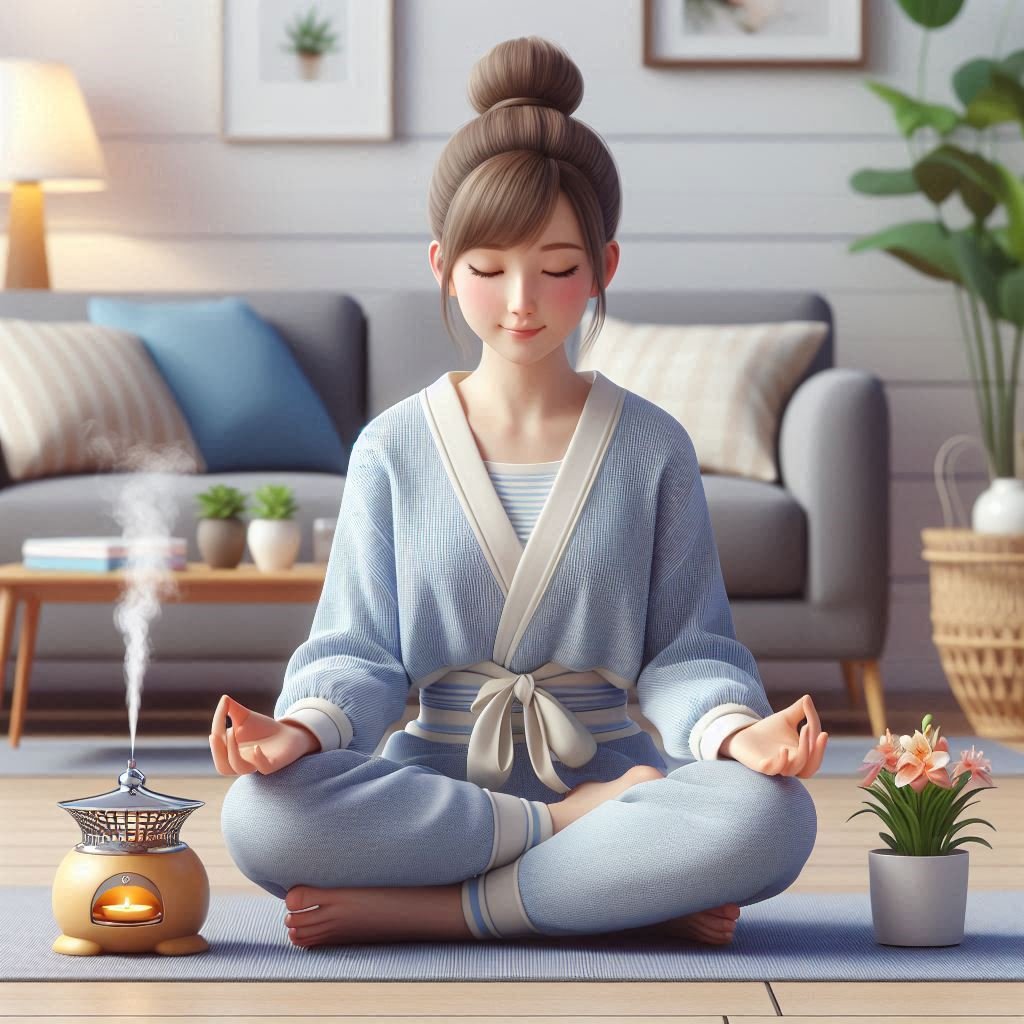
Headache (cephalalgia in medical terminology) is a condition of pain in the head; sometimes neck or upper back pain may also be interpreted as a headache. Headache, like chest pain or dizziness, has many causes. All headaches are considered primary headaches or secondary headaches. Primary headaches are not associated with other diseases. The most common type of headache is a tension headache. As many as 90% of adults have tension headaches. Tension headaches are more common among women than men. They are often related to stress, depression, or anxiety. Overworking, not getting enough sleep, missing meals, and using alcohol or street drugs can make you more susceptible to them. Headaches can be triggered by chocolate, cheese, and monosodium glutamate (MSG). People who drink caffeine can have headaches when they don’t get their usual daily amount. Before puberty, boys and girls are affected equally by migraine headaches, but after puberty more women than men have them. Migraine often goes undiagnosed or is misdiagnosed as tension or sinus headaches.
Rebound headache ,which are also known as analgesic-abuse headaches, are a subtype of primary headache caused by overuse of headache drugs. Cluster headaches are a rare but important type of primary headache, affecting mainly men. Cluster headaches occur daily over a period of weeks, sometimes months. Cluster headaches primarily affect men between the ages of 20 and 40. Traction and inflammatory headaches are symptoms of other disorders, ranging from stroke to sinus infection. Cluster headaches may last between five minutes and three hours; they may occur once every other day or as often as eight times per day. The IHS classifies cluster headaches as either episodic or chronic. Episodic cluster headaches occur over periods lasting from seven days to one year, with the clusters separated by headache-free intervals of at least two weeks. The average length of a cluster ranges between two weeks and three months. Cluster headaches have diverse causes, ranging from serious and life threatening conditions such as brain tumors, strokes, meningitis, and subarachnoid hemorrhages to less serious but common conditions such as withdrawal from caffeine and discontinuation of analgesicsChronic cluster headaches occur over a period longer than a year without a headache-free interval, or with pain-free intervals that are shorter than two weeks.
Headaches can have many causes, but serious causes of headaches are rare. Sometimes headaches warn of a more serious disorder. Tension headaches Episodic tension headaches are usually relieved fairly rapidly by such over-the-counter analgesics as aspirin (300–600 mg every four hours), Some forms of headache, such as migraine, may be amenable to preventative treatment. Migraine headaches may respond to aspirin, naproxen, or combination migraine medications. Headaches require medical attention, and respond with simple analgesia (painkillers) such as paracetamol/acetaminophen or members of the NSAID class (such as aspirin/acetylsalicylic acid or ibuprofen). Migraine headaches Medications can be prescribed to prevent migraines as well as to treat the symptoms of an acute attack. Drugs that are given for migraine prophylaxis (to prevent or lower the frequency of migraine attacks) include tricyclic antidepressants, beta-blockers, and anti-epileptic drugs, which are also known as anti-convulsants. Corticosteroid drugs can be used to provide temporary relief from the attacks whilst one of the preventative treatments listed above is being introduced. Nonsteroidal anti-inflammatory drugs acetaminophen (Tylenol), ibuprofen (Motrin), and naproxen (Aleve) are helpful for early or mild migraines.
Ayurvedic Herbal Home Remedies for Headache Tips
Apply ice to your head.
1. Apply a paste of freshly ground clay or freshly ground sandalwood to the forehead, let dry, rub off by hand and wash.
2. When not suffering from a cold, drink a teaspoon of honey in a glass of warm water or fill the stomach completely with water.
3. Massage forehead, temples, neck and shoulder muscles, making sure to use a little oil to prevent chafing and burning
4. Make a compress by putting 5 drops of lavender essential oil in cold (or warm) water. Swish around a soft cloth, then put it on your head or neck
5. Alternating hot and cold compresses on the head also works well to reduce the swelling inside the head that causes many headaches.
6. Breathing exercises are a known cure for headaches. Taking very deep breaths and then exhaling slowly may help.
7. Boil some vinegar in water and place it in a bowl. Wrap a towel around the head and bend over the bowl. Inhaling the fumes will help unblock the sinuses and alleviate the headache
8. Lying down in a dark, silent room may also relieve headaches.
9. Curtailing your intake of certain foods and easing up on alcoholic drinks, certain fizzy drinks, coffee, and cigarettes will help to reduce headaches.




